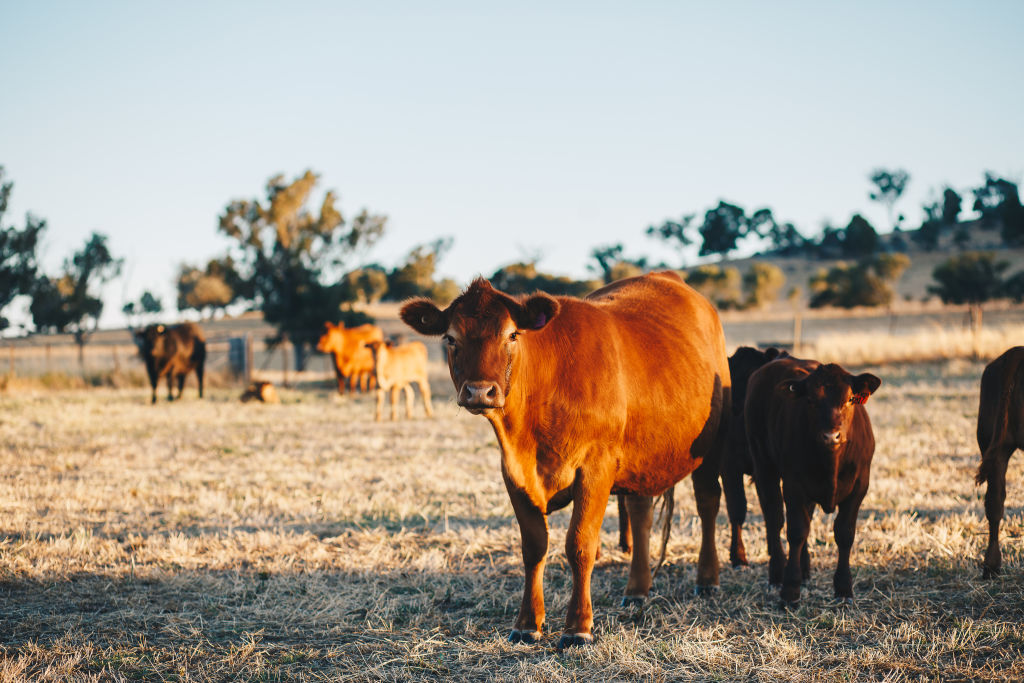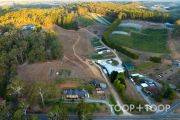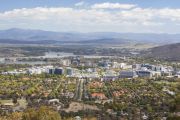
AACO farm values up 6 per cent despite floods and drought
Broadacre farm values in Queensland and the Northern Territory continue to rise strongly despite the recent devastating floods and ongoing drought, the latest full-year results of ASX-listed beef producer the Australian Agricultural Company (AACo) show.
While reporting a $182.7 million statutory loss for the year to the end of March, AACo reported that the value of its 6.4 million hectares of pastoral holdings rose 5.8 per cent to $738.5 million on the back of “infrastructure upgrades and market valuation increases”.
This was despite four of its 21 properties – covering a total of 800,000 hectares – being subject to “unprecedented levels of flooding not seen before in the Gulf region” and $45.6 million in cattle write-offs after a loss of 43,000 animals.
AACo also reported that ongoing drought conditions added another $60.4 million of costs during the past financial year.
With such a large pastoral portfolio – equivalent to about 1 per cent of Australia’s land mass – AACo is considered a good benchmark of the direction of rural property values.
The rise in rural values reported by AACo in the past financial year was in fact higher than the pick-up of about 4.5 per cent recorded in the previous financial year.
Rural property valuers have argued that even with the once-in-a-generation floods that devastated around 800 rural properties and more than 13 million hectares – an area twice the size of Tasmania – in early February (killing over 500,000 cattle) that farm values would hold up because of the deep pool of buyers.
“We think the property market is deep enough now to handle these impacts,” said Shaun Hendy, director agribusiness valuations at Colliers International in February.
Delivering his presentation to analysts last week, AACo chief executive Hugh Killen said it was “worth noting” the 5.8 per cent improvement in the value of its land assets amid the devastation wrought by the floods.
As with other major agribusiness groups with large landholdings, AACo has invested in a geographically diverse portfolio to mitigate against the impact of climate change and extreme weather conditions.
In March, the Australian Farmland Index which tracks the performance of $1 billion worth of diversified premium assets, delivered a total return of 13.84 per cent in another sign that farm values are holding up.
Also supporting this thesis, has been the strong string of results of farms sold at auction and the higher prices achieved for many premium farming assets sold in the last six to 12 months.
Veteran rural valuer Roger Hill from Herron Todd White, who witnessed first hand the devastation of the Queensland floods, said in February he also expected farm values to hold firm, in part because of the illiquid nature of the market – only a dozen or so cattle stations are traded a year.
Mr Hill also believed there was still a deep pool of buyers should properties be forced onto the market, given the drought conditions being experienced in other parts of the country.
“Potential buyers are already lining up. Stock and station agents are already fielding calls from eastern seaboard farmers battling drought conditions,” he said.











